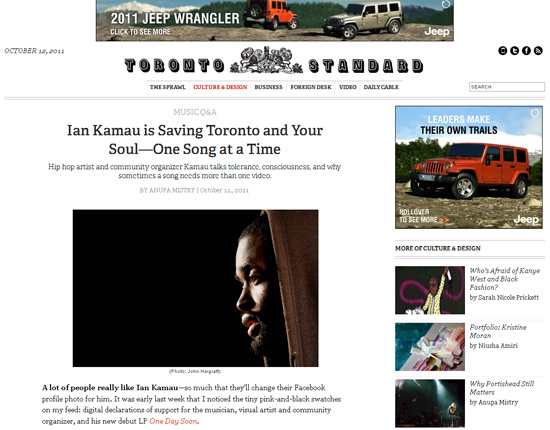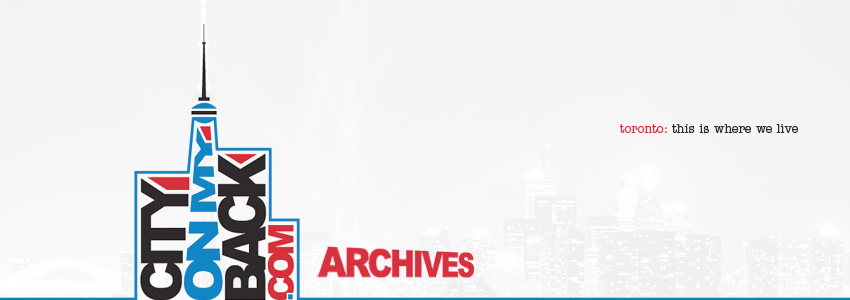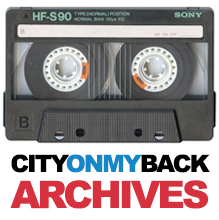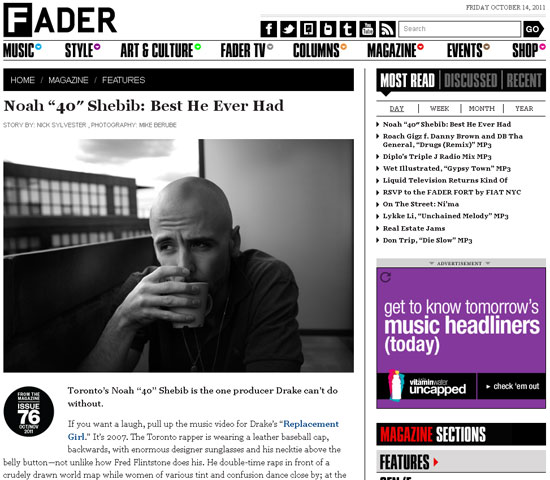
Really dope interview with a really dope artist. One Day Soon is available now!
A lot of people really like Ian Kamau—so much that they’ll change their Facebook profile photo for him. It was early last week that I noticed the tiny pink-and-black swatches on my feed: digital declarations of support for the musician, visual artist and community organizer, and his new debut LP One Day Soon.
Kamau is a fixture in Toronto’s hip-hop scene: since 2003, he’s sporadically released music as a solo artist and Pangaea Project member, and in the mid-’00s toured Canada and Europe with k-os. But it’s an affinity for unique, personal connections that have mobilized an outpouring for the truly independent artist.
For seven years, since 16, Kamau headed up the Graffiti Transformation Project at Scadding Court Community Centre, teaching art and painting murals with young people in Alexander Park. Since then, he’s been involved in various arts-based community projects throughout the city—most recently at Davenport Perth Neighbourhood Centre—with a brief sojourn to complete a fine arts degree at York University and Sheridan College and launch a design company.
A firm faith in his own artistry and travels to places like São Paolo, Johannesburg, and Nairobi are what largely inspired One Day Soon, a disc resonant with personal narratives delivered in Kamau’s brimming tenor. But it’s also dedicated to the spirit of the young people he’s spent time with: “Young people are what you were,” explains Kamau. “And there’s no reason why you shouldn’t continue to be that.” I needed a reminder of Toronto The Good, so I talked with Kamau about how community can foment change. You can buy One Day Soon here.
The videos you’ve just released for your cover of City and Colour’s “The Girl” are quite moving. Why did you create different videos for the same song?
That song was on a mixtape I put out last year called Vol. 3: Love and Other Struggles, which explored the idea that love in whatever it’s forms is difficult. Usually when people say ‘love’ I feel like they’re talking about romantic love between a man and a woman. But within romantic love there are different forms, or there is the love between parents, or parents and their children. And then there’s also this idea of people seeing others fight for things, and not recognizing that that anger comes from love. So if you’re frustrated with society because it doesn’t treat people in a certain way, fundamentally, it’s about your care and concern for those people. I did community work because I love my community; I love black people. People fight pretty revolutionary struggles out of love.
READ THE FULL INTERVIEW HERE
Previous: NEW ALBUM: Ian Kamau “One Day Soon”



